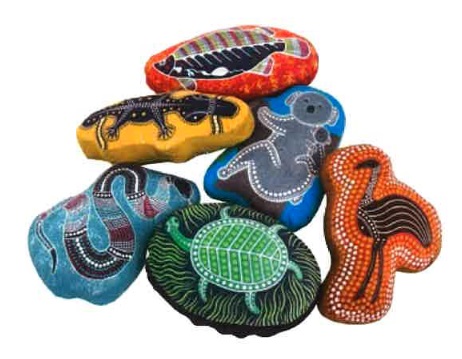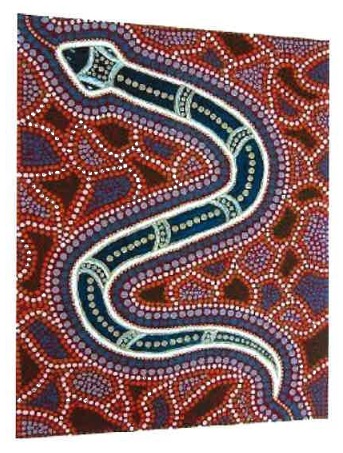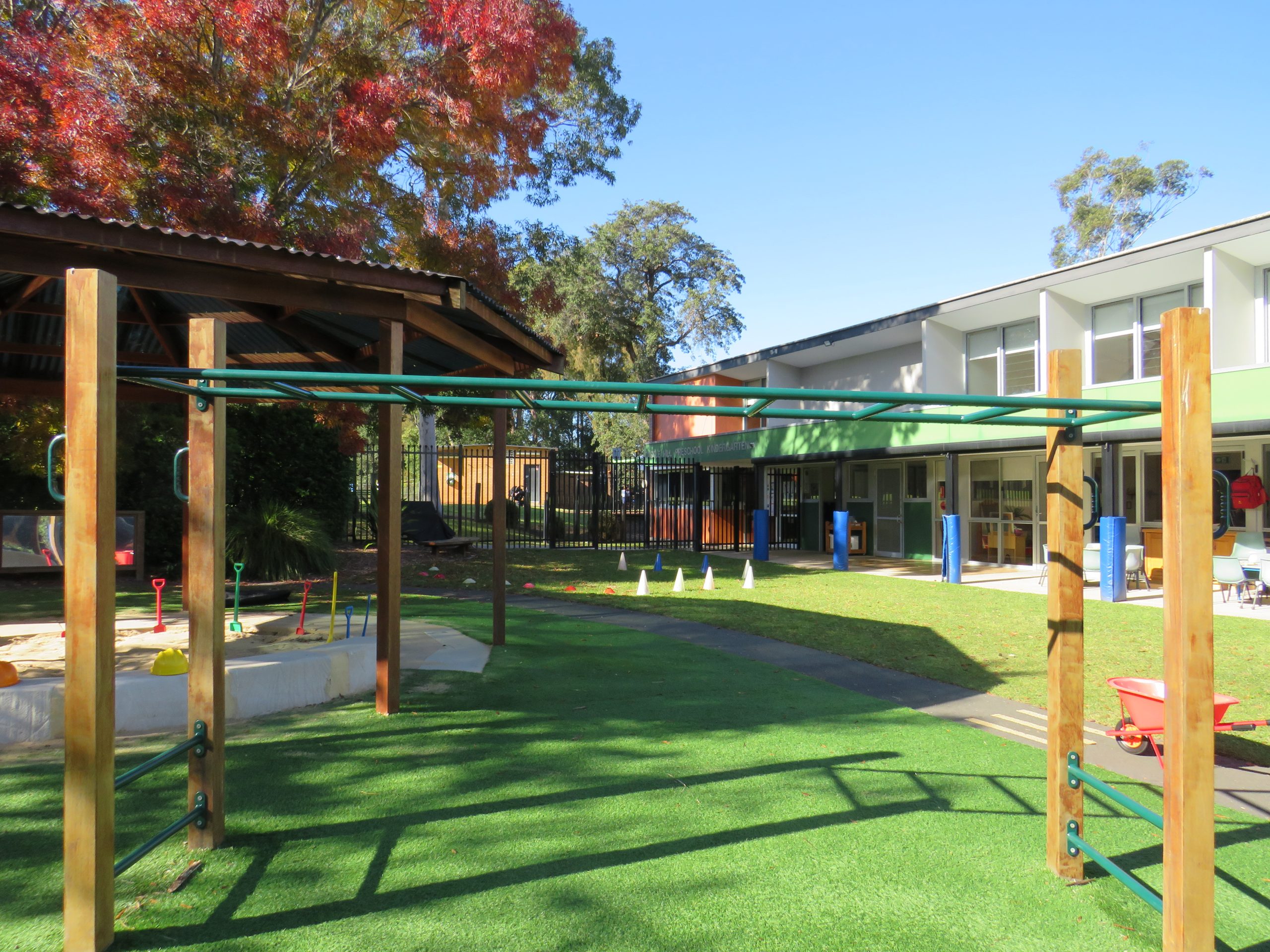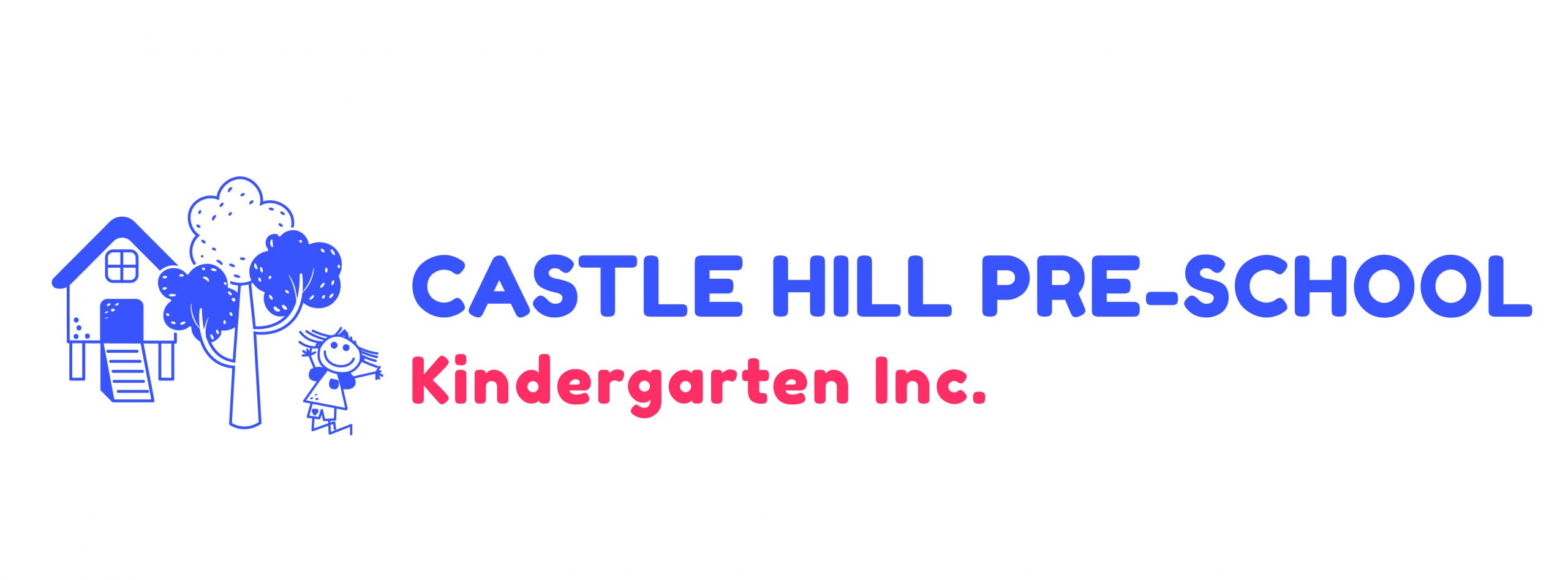Enrolment
Castle Hill Pre-School Kindergarten accepts waiting list applications from children once they have turned 2 years of age.
Environment
Castle Hill Pre-School Kindergarten is located next to Greenup Park and we share a community carpark.
Our Day
Our routine is flexible according to the weather conditions and the children.
Welcome to our Pre-School
You are welcome to join a tour of our preschool during the NSW Department of Education School Term. Please phone ahead (9634 1533) to make an appointment as the numbers are limited.



Our Acknowledgement
Castle Hill Pre-School Kindergarten Inc. acknowledges the traditional custodians of this land, the Darug people. We pay our respects to the Elders, to those who walked before us, those who walk with us now and those who walk with us in the future. We pay our respects to their histories, connection to land and continuous living cultures.
Daily Acknowledgement with the children
Here is the land,
Here is the Sky,
Here are my friends and
Here am I.
We say thank you to the Darug people, for the land on which we play and we promise to take care of it each and every day.

National Quality Standard
The National Quality Standard (NQS) sets a high national benchmark for early childhood education and care and outside school hours care services in Australia.
The NQS includes 7 quality areas that are important to outcomes for children.
Services are assessed and rated by their regulatory authority against the NQS, and given a rating for each of the 7 quality areas and an overall rating based on these results.
Quality Area 1 ~ Educational program and practice
- Educational program and practice of educators are child-centred, stimulating and maximise opportunities for enhancing and extending each child’s learning and development
Quality Area 2 – Children’s health and safety
- Children have the right to experience quality education and care in an environment that safeguards and promotes their health, safety and wellbeing.
Quality Area 3 — Physical environment
- Physical environment is safe, suitable and provides a rich and diverse range of experiences that promote children’s learning and development
Quality Area 4 – Staffing arrangements
- Qualified and experienced educators, who develop warm, respectful relationships with children, create predictable environments and encourage children’s active engagement in the learning program
Quality Area 5 — Relationships with children
- Relationships with children are responsive, respectful and promote children’s sense of security and belonging
Quality Area 6 — Collaborative partnerships with families and communities
- Collaborative relationships with families are fundamental to achieving quality outcomes for children, and community partnerships based on active communication, consultation and collaboration are essential
Quality Area 7 — Governance and leadership
- Effective leadership and governance of the service contributes to quality
environments for children’s learning and development. Effective leaders establish shared values for the service and set clear direction for the service’s continuous improvement.
Please click on the following link for more information:
https://www.acecqa.gov.au/sites/default/files/2018-01/Guide-to-the-NQF-3-Assessment-and-rating.pdf
Curriculum

BELONGING, BEING & BECOMING – The Early Years Learning Framework for Australia V2.0
A vison for Children’s Learning – A vision: All children engage in learning that promotes confident and creative individulas and successful liefelong learners. All children are active and informed members of their communities with knowledge of Aboriginal and Torres Strait Islander perspectives.
Fundamental to the Framework is a view of children’s lives as characterised by belonging, being and becoming. From before birth children are connected to family, communities, culture and place. Their earliest learning, development and wellbeing takes place through these relationships, particularly within families, who are children’s first and most influential educators. As children participate in everyday life, they construct their own identities and understandings of the world. Educators engage children in learning that promotes confidence, creativity and enables active citizenship. They celebrate diversity with children and their families, and the opportunities diversity brings to know more about the world. Educators underand children may come from diverse backgrounds and acknowledge this in each child’s Belonging, Being and Becoming.
(The Early Years Learning Framework for Australia – V2.0, 2022)
Belonging
Experiencing belonging — knowing where and with whom you belong — is integral to human existence. Children belong to diverse families, neighbourhoods, local and global communities. Belonging acknowledges children’s interdependence with others and the basis of relationships in defining identities. In early childhood, and throughout life, trusting relationships and affirming experiences are crucial to a sense of belonging. Belonging is central to being and becoming in that it shapes who children are and who they can become.
Being
Childhood is a time to be, to seek and make meaning of the world. Being recognises the significance of the present, as well as the past in children’s lives. It is about children knowing themselves, developing their identity, building and maintaining relationships with others, engaging with life’s joys and complexities, and meeting challenges in everyday life. The early childhood years are not solely preparation for the future but also about children being in the here and now.
Becoming
Children’s identities, knowledge, understandings, dispositions, capabilities, skills and relationships change during childhood. They are shaped by different events and circumstances. Becoming reflects this process of rapid and significant change that occurs in the early years as children learn and grow. It emphasises the collaboration of educators, families and children to support and enhance children’s connections and capabilities, and for children to actively participate as citizens.
The Framework conveys the highest expectations for all children’s learning development and wellbeing from birth to five yeas and through the transitions to school. It communicates these expectations through the following 5 Learning Outcomes:
- Children have a strong sense of identity
- Children are connected with and contribute to their world
- Children have a strong sense of wellbeing
- Children are confident and involved learners
- Children are effective communicators
The Framework provides broad direction for early childhood educators in childhood settings to facilitate children’s learning, development and wellbeing and ensure children are supported, celebrated, and connected to their community. It guides educators in their professional decision-making and assists in planning, implementing and evaluating high quality educational programs and practices in early childhood settings. It also underpins the implementation of relational and place-based pedagogies and curriculum relevant to each local community and all children in the early childhood setting. Relational pedagogy underpins the ways in which educators build trusting, respectful relationships between children, families, other educators and professionals, as well as members of the community. Place-based pedagogy refers to an understanding that educators’ knowledge of the setting or context will influence how educators plan and practice.
The Framework is designed to inspire conversations, improve communication and provide a common language about children’s learning among children themselves, their families, the broader community, educators, teachers in schools and other professionals including those who work in child and family services, higher education and training organisations.
Please click on the following link to read the complete document:

